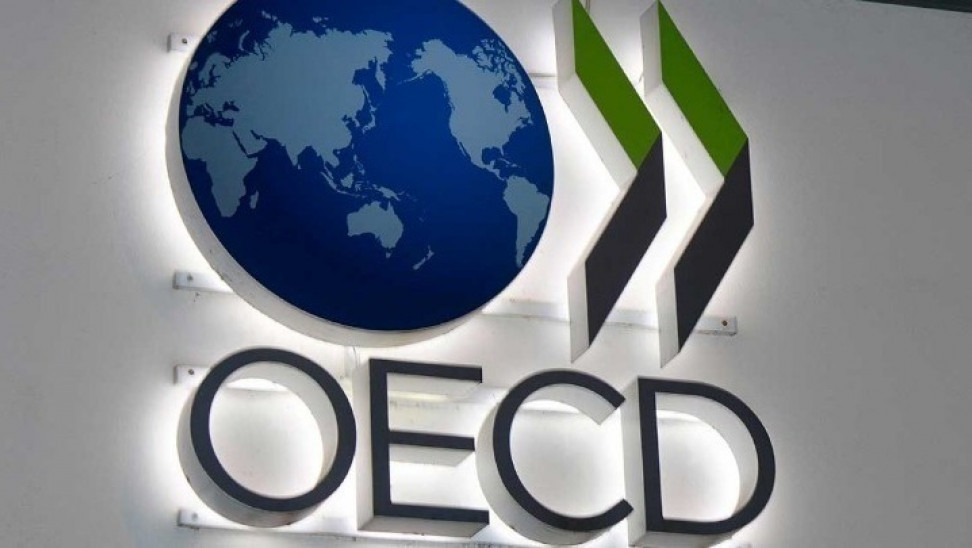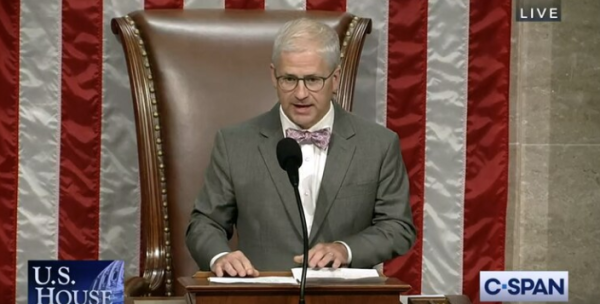
Strong growth with real GDP growing by 2.2% in 2023 and 1.9% in 2024 is predicted for Greece by the OECD in its spring report on the outlook for the global economy.
Consumption growth is forecast to slow in the short term after high inflation erodes household purchasing power.
Real investment growth is forecast to remain strong in the face of rising borrowing costs as spending increases related to Recovery and Resilience Funds.
Inflation moderates from September 2022 but is more broadly diffused as ongoing labor shortages help to push up wages.
Energy price subsidies are gradually reduced as energy prices fall.
Achieving and maintaining the planned return to primary surplus will help Greece manage inflationary pressures and reach investment grade.
Further increasing participation in the labor market, especially among women and young people, will improve equality at work and help address labor force shortages.
More specifically, the OECD finds that the Greek economy continued to grow dynamically despite the headwinds.
Investment growth remained strong in Q4 2022 despite rising investment costs and growing labor shortages.
Business confidence rose from October 2022 to near pre-pandemic highs in April, while the April PMI showed an increase in demand.
Real consumption continued to rise in Q4 2022 and early 2023, reflecting strong employment growth and despite falling household purchasing power and low consumer confidence.
However, job creation slowed in 2023.
Harmonized inflation eased to 4.5% in April as energy prices eased, while widening price pressures lifted core inflation to 6.1%.
In April 2023 the minimum wage rose by 9.4%, following increases of around 10% in the first half of 2022.
Electricity, gas and household heating prices fell by 27.9% from their peak in September 2022 to April 2023.
To deal with possible energy disruptions next winter, Greece has continued to increase storage capacity through agreements with neighboring countries, for example Bulgaria, and is expanding the capacity to import liquefied natural gas.
Government bond spreads narrow: spreads on German 10-year government bonds narrowed by almost 130 basis points at the end of May 2023 from their peak in October 2022.
The rising cost of borrowing
Subsidies on electricity bills protect households and businesses from high energy prices.
Subsidies introduced to tackle the energy price spike are being reduced as energy prices fall and are planned to be phased out by the second half of 2023, limiting their fiscal cost for 2023 to 0.5% of GDP.
In April 2023, pensioners received one-off payments of 0.4% of GDP linked to cost of living increases. Other fiscal measures in 2023 amount to 1.8% of GDP, including for example a fiscal subsidy for mortgage interest costs.
The government aims to turn the primary fiscal balance into a surplus close to 1% of GDP in 2023 and close to 2% of GDP in 2024.
Tighter monetary policy in the euro area has increased borrowing costs. For the private sector, in January 2023 interest rates reached their highest level since October 2016. However, new lending to the private sector continued to increase as banks expanded lending capacity by liquidating non-performing loans and through the appropriations from the recovery plan.
Growth remains strong
Slowing employment and pressure on real wages are expected to limit private consumption growth, and fiscal tightening will also reduce aggregate demand, the OECD notes, estimating that real investment growth will remain strong, reflecting higher borrowing costs and the increase in spending related to the Greece 2.0 Plan, which includes public investment projects worth almost 1.0% of GDP in 2023, rising to 1.7% of GDP in 2024 and direct investment at 0.8% of GDP per year.
Inflation is forecast to moderate in 2023 as energy price cuts wear off, but will remain high reflecting continued increases in input costs, wage growth and capacity constraints.
Fiscal consolidation is crucial
The OECD highlights that achieving fiscal consolidation is expected to be critical to achieving investment grade.
Stability will be challenged, for example, by a further rise in energy prices or other prices dependent on international factors, which will trigger additional fiscal support.
The risk of rising interest rates leading to a generation of red mortgages is mitigated by Greek banks agreeing to freeze floating rates until April 2024 and by the relatively high share of recent mortgages issued at fixed rates.
Also, using windfalls or reducing spending to limit public debt rather than increasing trade would help limit inflationary pressure and achieve an investment-grade public debt rating.
This will offset rising borrowing costs and support Greece’s need to increase investment in the long term.
Growth could also be made more sustainable by strengthening the public sector’s capacity to deliver investments, including Recovery Fund priorities for renewables expansion and renovations that improve the energy efficiency of buildings.
Finally, the OECD points out that promoting the adoption of the new paid paternity leave in Greece, flexible work arrangements and the expansion of childcare facilities could improve female and youth participation rates, expanding opportunities and helping the economy manage its aging population.
Latest News

Airbnb: Greece’s Short-Term Rentals Dip in March Amid Easter Shift
Data from analytics firm AirDNA shows that average occupancy for short-term rentals dropped to 45% in March, down from 49% the same month last year.

Easter Week in Greece: Holy Friday in Orthodoxy Today
At the Vespers service on Friday evening the image of Christ is removed from the Cross and wrapped in a white cloth

Meloni and Trump Meet in Washington, Vow to Strengthen Western Ties
“I am 100% sure there will be no problems reaching a deal on tariffs with the EU—none whatsoever,” Trump stressed.

ECB Cuts Interest Rates by 25 Basis Points in Expected Move
The ECB’s Governing Council opted to lower the deposit facility rate—the benchmark for signaling monetary policy direction—citing an updated assessment of inflation prospects, the dynamics of underlying inflation, and the strength of monetary policy transmission.

Current Account Deficit Fell by €573.2ml Feb. 2025: BoG
The improvement of Greece’s current account was mainly attributed to a more robust balance of goods and, to a lesser extent, an improved primary income account

Hellenic Food Authority Issues Food Safety Tips for Easter
Food safety tips on how to make sure your lamb has been properly inspected and your eggs stay fresh.

Greek Kiwifruit Exports Smash 200,000-Ton Mark, Setting New Record
According to data by the Association of Greek Fruit, Vegetable and Juice Exporters, Incofruit Hellas, between September 1, 2024, and April 17, 2025, kiwifruit exports increased by 14.2%.

Easter Tourism Boom: Greece Sees 18.3% Surge in Hotel Bookings
Among foreign markets, Israel has emerged as the biggest growth driver, with hotel bookings more than doubling—up 178.5% year-on-year.

Greece to Launch Fast-Track Tender for Offshore Hydrocarbon Exploration
Last week, Papastavrou signed the acceptance of interest for the two Cretan blocks, while similar decisions regarding the two Ionian Sea blocks were signed by his predecessor

American-Hellenic Chamber of Commerce to Open Washington D.C. Branch
AmCham's new office aims aims to deepen U.S.-Greece economic ties and promote investment and innovation between the two countries







![Πλημμύρες: Σημειώθηκαν σε επίπεδα ρεκόρ στην Ευρώπη το 2024 [γράφημα]](https://www.ot.gr/wp-content/uploads/2025/04/FLOOD_HUNGRY-90x90.jpg)




![Airbnb: Πτωτικά κινήθηκε η ζήτηση τον Μάρτιο – Τι δείχνουν τα στοιχεία [γράφημα]](https://www.ot.gr/wp-content/uploads/2024/07/airbnb-gba8e58468_1280-1-90x90.jpg)

























![Airbnb: Πτωτικά κινήθηκε η ζήτηση τον Μάρτιο – Τι δείχνουν τα στοιχεία [γράφημα]](https://www.ot.gr/wp-content/uploads/2024/07/airbnb-gba8e58468_1280-1-600x500.jpg)


 Αριθμός Πιστοποίησης
Αριθμός Πιστοποίησης